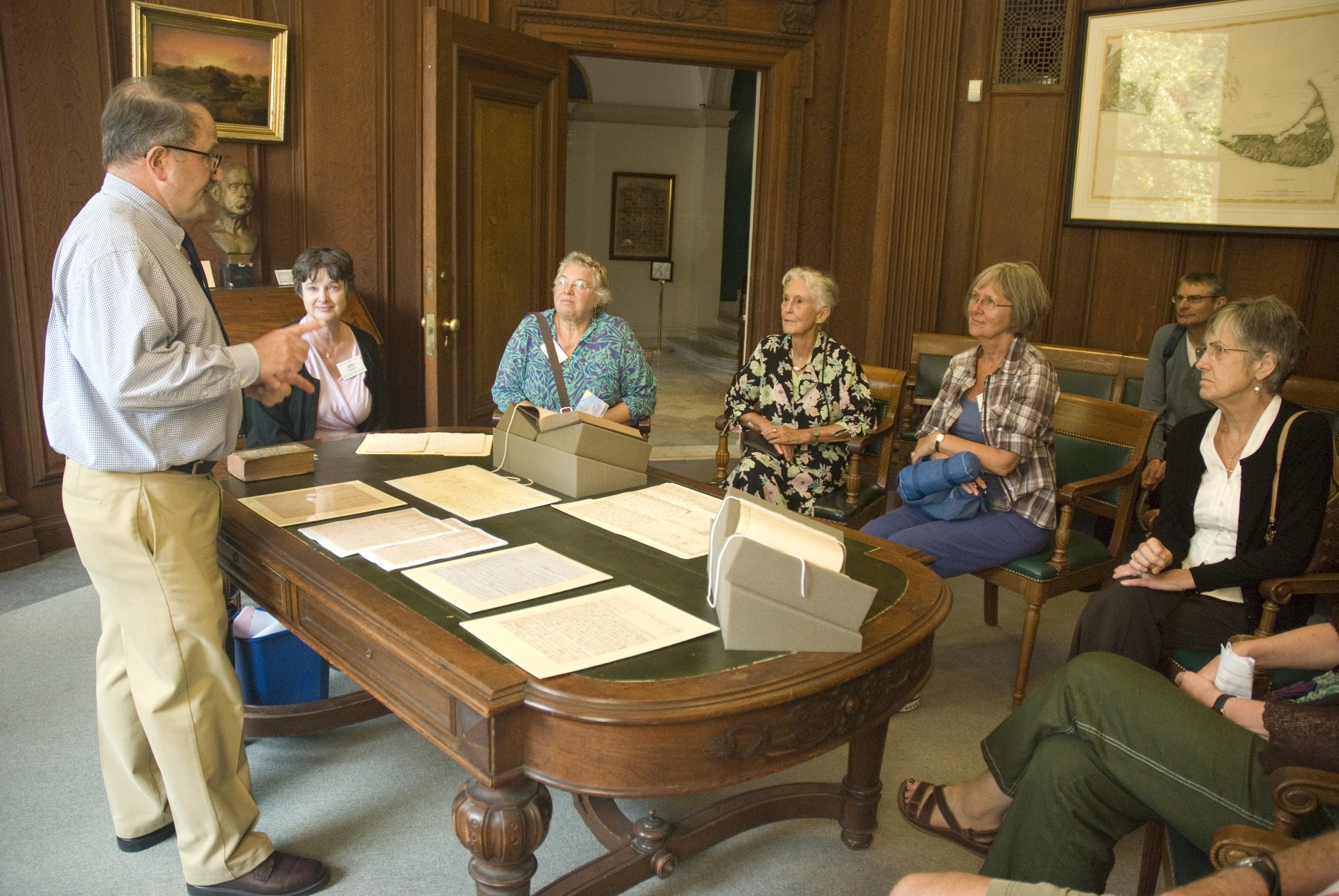By Jeremy Dibbell
On 11 July 1809, two hundred years ago today, John Quincy Adams wrote the following diary entry:
“I am this day forty-two years of age. And the reflections which return at every anniversary of my birth day, naturally recur, with increasing pressure. The year of my life now expiring has been marked by a continuance of that persecution which the combined personal enemies of my father and myself, had unrelentingly pursued the year before. It has appeared in various forms, some of them singular enough; but its effect has been to impel me into more general notice and estimation throughout the country. I have now just received an appointment of great trust and Importance, totally unsolicited, and confirmed by every vote in Senate, excepting my personal enemies, and two others, who voted not against me, but against the mission. Mr. Turner of North Carolina, who voted against the nomination, express’d in the highest terms his approbation of the person. With this Trust, my duties to my Country, bring again a burden of responsibility, which I ought perhaps to have declined. On the integrity of my Intentions, and on the aid of that Gracious Heaven which never has deserted me, I must rely. I pray for clearness of intellectual vision to see the right path – for the necessary courage to pursue it; and for the Fortitude and the Temperance to bear with equanimity the vicissitudes of its Fortunes, whether adverse or propitious. Grant, O God, that I may do good to my Country and to Mankind! And deal with me, and mine, if it be thy gracious will, in Mercy.”
A second paragraph followed, in which JQA chronicled the specific activities of the day (dining with his family, making a catalog of the books in his office, investing some stock for his father [or, perhaps, his mother?], resigning from his position as a professor at Harvard). “I was engaged all the rest of the day,” he writes, “in other arrangements preparatory to my departure, which will employ me the full remainder of the time I shall have here.”
The appointment referred to in Adams’ diary entry was indeed one of great trust and importance: President Madison had appointed him to be the American minister plenipotentiary [ambassador] to Russia, and he had been confirmed by the Senate on 27 June by a vote of 19-7. He would depart less than a month after he wrote this diary entry, on 5 August 1809, beginning what would ultimately prove to be an eight-year stay in Europe.
We’ve got some very exciting plans for the bicentennial commemoration of JQA’s journey to Russia, which we’ll officially announce right here in The Beehive next week. [you can get a sneak preview here!]. In the meantime, we wish Mr. Adams many happy returns on his birthday.


 Last Thursday, the MHS hosted sixteen members of the
Last Thursday, the MHS hosted sixteen members of the  Back in late May I wrote a post here titled “
Back in late May I wrote a post here titled “